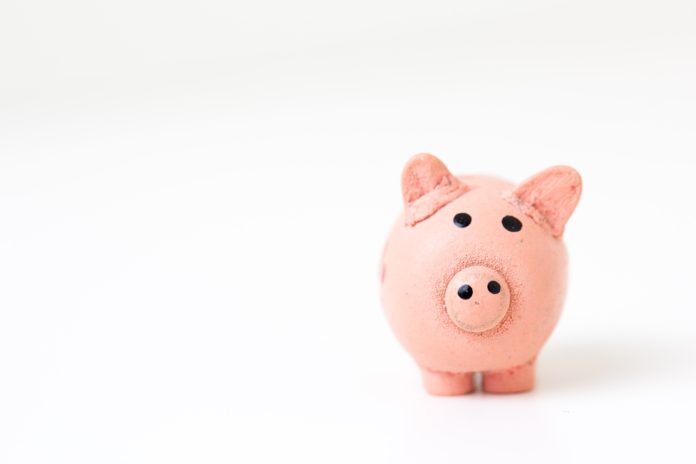
Were your finances able to sustain this financial pandemic? If COVID-19 brought more surprises than desired to your bank account, let me help guide you on your journey to finding financial peace in the future. It starts with three main priorities:
Budgeting
During these uncertain times, did your financial situation fail you? Did a loss of hours or unemployment equate to loss of traction in your goals for 2020? It is going to rain, so you need a rainy-day fund. A simple $1,000 starter emergency fund can change an emergency into an inconvenience. While it will not get you through the big emergency, it will help you deal with the little emergencies without having to create more financial burdens. Money Magazine says that 78% of individuals will experience a major negative event in any given 10-year period. A liquid emergency fund, meaning the money is easily accessible, is the first step to combat these circumstances.
Conquer Your Debt
Are your debts building up? Is it becoming increasingly difficult to make minimal payments? Conquering debt little by little is your next step. You can accomplish this with the debt snowball system, a method of paying off liabilities from the smallest to the largest. Each payoff is a huge accomplishment and will give you more motivation to conquer the next. For many Americans, the financial future is uncertain. According to a 2018 survey by NerdWallet, Americans carry an average of $267,596 in consumer debt between auto loans, credit cards, student loans, personal loans, and mortgages. At the end of the day, your overall goal should be to achieve financial freedom from consumer debt.
Saving
Were you prepared for the uncertainty of income brought about by the novel coronavirus? With the kids home from school, did your grocery bill increase? A full emergency fund should consist of three to six months of household expenses in a savings account. Most Americans live paycheck to paycheck. Truthfully, it does not matter if you make $30,000 or $1.5 million per year, to get ahead you must commit to spending less and saving more – and we all can do that with the right help.
Facebook.com/CarlisaCaresFinancialSolutions










